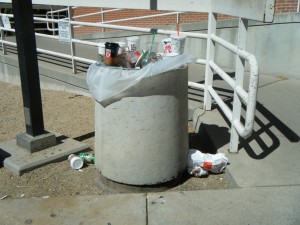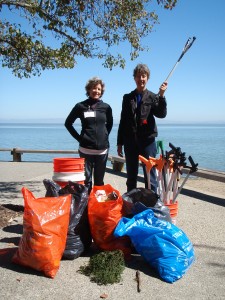 |
| Moving Planet Day, Sept 24, 2011 |
For months we have been happily planning and looking forward to the Green Sangha Gratitude Gathering scheduled for Saturday August 3 in Point Reyes Station. In the meanwhile, a major Climate Action demonstration was organized by 350.org for the same day in Richmond. We have decided to postpone the Gratitude Gathering and instead put our mindfulness into action at this important gathering of earth stewards and climate protectors.
Please join us in marching peacefully for climate sanity and a speedy transition from fossil fuels to renewable energy. The organizers are hoping for 1,000 to 2,000 participants. Our experience on other 350-organized events is that the crowd is positive and upbeat, and that bystanders are often interested and even vocally supportive. It is a moment for inspiring awakened action.
Here’s the overall plan:
Gather: Richmond BART station
Time: 10 am, Saturday August 3
March: From Richmond BART to Chevron refinery (approximately 2.4 miles)
Rally: Chevron refinery, S. Castro St. gate, approx. 12 noon
Adjourn: 1 pm or so
A shorter March & Kids’ Event will begin at 10:30 am, George Carroll (aka Washington) Park, Pt Richmond.
Green Sangha’s role
Have you been reluctant to participate in demonstrations because the energy feels negative? Our goal is to contribute to the loving, joyful atmosphere of this event. To maximize the coherence-creating effect, our group will begin with a circle in the nice grassy area just west of the Richmond BART station. It is the area bounded by Metrowalk Way. See this map.
Green Sangha board member and yoga teacher Bet Muth will lead us in a standing meditation and invocation. We’ll have our banner in hand, or hanging nearby; just look for a circle doing gentle stretches or standing in silence. The circle will be open to all who want to join, so please invite friends and family. When the time comes, we will join the larger group at the BART station and set forth for the refinery, sometime between 10:30 and 11:00.
If you want to participate in the Green Sangha circle and prefer a shorter walk, there is bus transit from Richmond BART to either Washington Park or the rally site.
Practical reminders from the organizing team
- Bring your own water bottle.
- We’ll have porta-potties at the rally site, and possibly near the start (assuming we can either use BART or the Bobbie Bowen Center).
- Remember to bring sunscreen and a hat.
- Wear comfortable shoes and clothing!
- This is a family friendly event. (Children are encouraged to join the kids’ march from Judge George Carroll Park, formerly Washington Park).
- Non-violence includes no verbal abuse or threatening motions (although spirited chants are a big part of our demonstration). No weapons, no alcohol, no non-prescribed drugs. Be respectful of all participants and on-lookers.
If you have additional questions about Green Sangha’s participation, please e-mail Bet Muth, bet.muth [a] gmail.com
We look forward to participating in this awakened action with you on Saturday, August 3!
For More information on the March:
Saturday, August 3rd
Richmond Chevron Convergence – No Tar Sands, No Fracking, No Dangerous Refineries, Save the Rainforest
350.org and the 2013 Summer Heat Coalition


